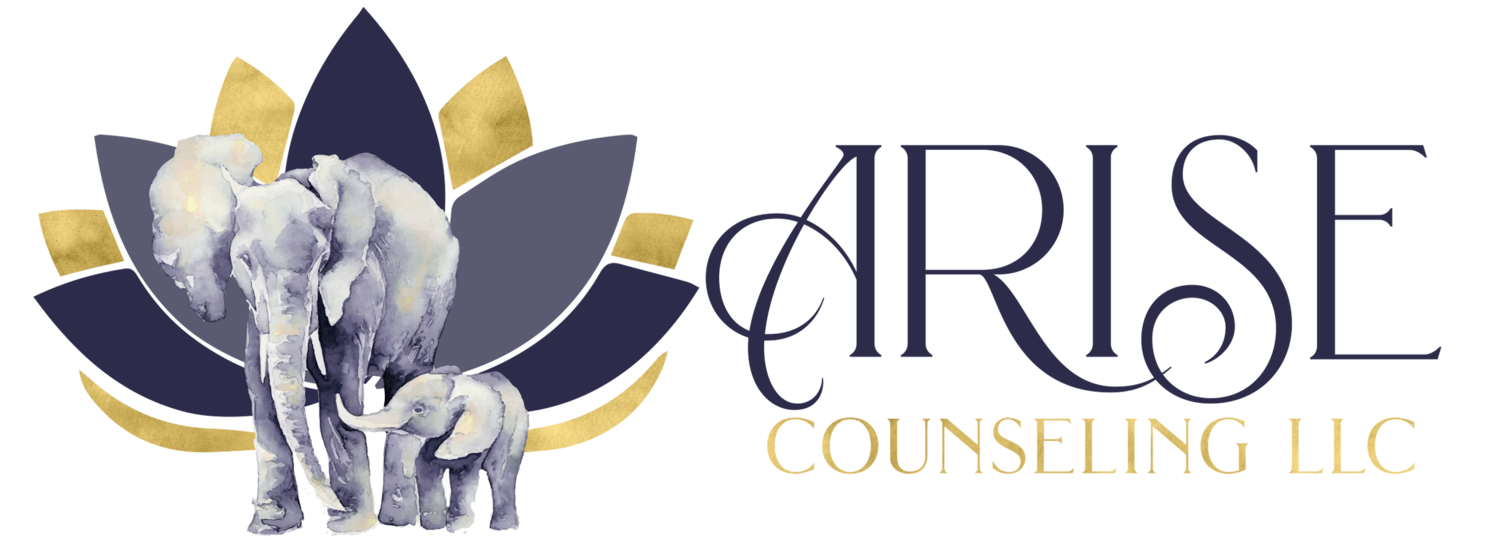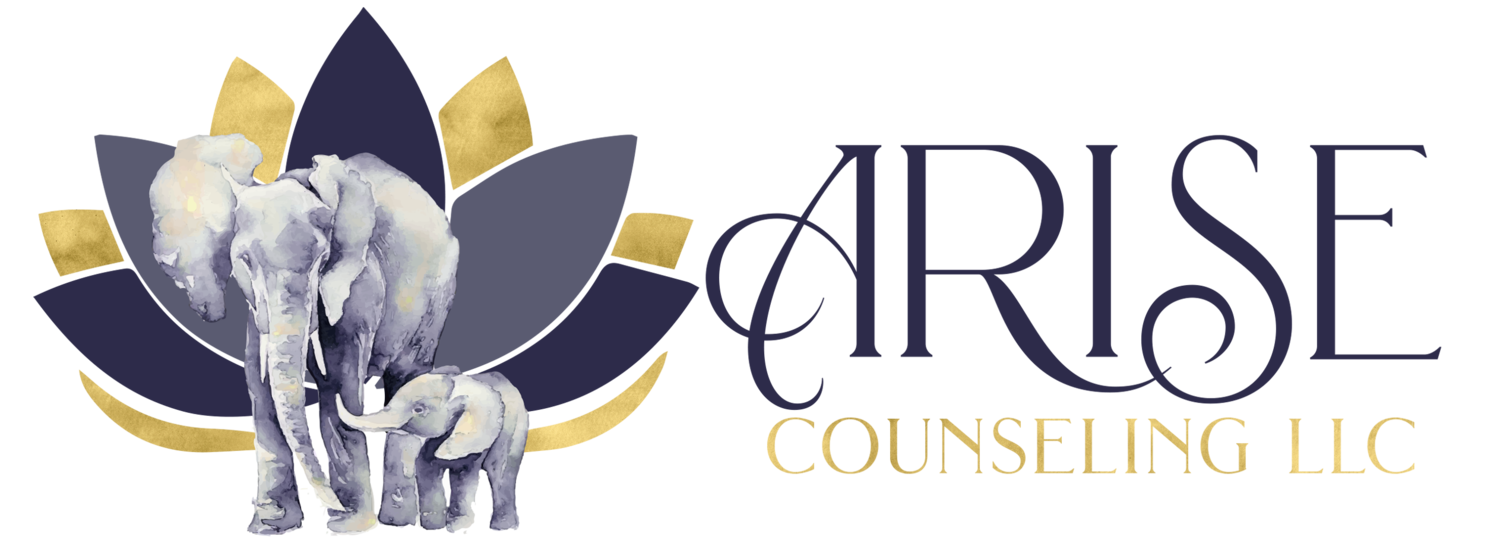Three Free or Low Cost Resources For BIPOC Individuals Interested in Therapy
Therapy can get expensive. I get that. As a therapist, I gnaw a little bit when I hear therapy should be free. I mean who is going to pay for these trainings I keep up with in order to provide my clients with quality care? If I could wave a magic wand and make a million dollars appear I would first pay off my student loans, visit Bora Bora, and then continue with training and supervision. Then I could provide more people with quality support without feeling like I will have trouble with living expenses. But until I can manifest a million dollars at will, student loans must be paid and trainers for these magnificent trainings want their money.
Understandably, we are all seeking quality services and some of us may not have the means to afford them at the moment. I would also like to take a different approach and not turn this in to a post to shame others on their spending habits and their ideas surrounding money. Bottom line is we want to reach as many people as possible and this can only be done by discussing meaningful ways to access therapy.
Fortunately, there are many great resources for individuals looking for therapy to take part of. I am here today to highlight three. The resources are from BIPOC therapists themselves or organizations that practice inclusion. Let’s talk about how you can find free or low cost resources for therapy.
1) Most Therapists Offer a Sliding Scale
A sliding scale is basically an agreed upon price set by you and the therapist. If you have found your ideal therapist and not quite sure you can afford their fee. You can always ask if they have a sliding scale and if so, as what is needed to meet the criteria for it. Since it is at the discretion of the therapist, qualifications for the sliding scale varies. It could be income base or be provided simply because you asked. I think of this as like one of my more motivational quotes, “A close mouth don’t get fed”. You never know until you ask. I also like to think this option leans towards client and therapist empowerment. There is no middle man involved to call any of the shots.
2) Open Path Collective
Open Path is a therapist directory where you the consumer can sign up and have access to therapists who have agreed to accept clients at the maximum of $60 for individuals and $80 for couples and families according to the Open Path Collective website. Open Path has been operating for eight years with a mission to provide affordable psychotherapy to middle and lower income individuals and families. From everything I have seen with this site, they practice what they preach and are mindful of diversity and participating in inclusive practices. This is a great place to start if you are uncomfortable cold calling and asking someone about their sliding scale. You sign up as a member, search the therapist directory and send a quick email asking if the therapist has availability. Easy-peasy.
Find more information and sign up here: Open Path
3) Rachel Cargle’s Loveland Foundation
Published author Rachel Cargle developed the Loveland Foundation following a birthday wish for people to donate and help others receive the gift of therapy. Rachel created a foundation to help black women have access to quality therapy services with a stipend to cover 4-12 sessions from a therapist. Stipends per session range from $80 to $200. There is an application you can fill out to be a part of the next cohort and receive assistance paying for your therapy sessions. Find more information here: Loveland Foundation
Those are three (3) simple, but completely wonderful resources available to you right now. If you are looking to start therapy and could use financial assistance. Please check out these options. If you find none of these resources work for you, please contact me and I will be more than happy to assist you with finding additional resources. Like what you are reading? Sign up for my monthly newsletter. It’s written by a Black Woman and centers BIPOC mental health, sexuality and sexual health, and relationships.

